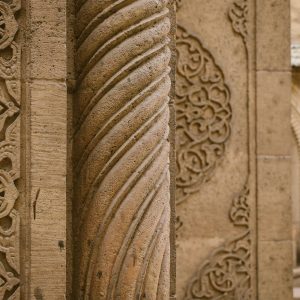Saudi Arabia condemns Israeli approval of illegal settlement expansion in West Bank
RIYADH (AA) – Saudi Arabia has condemned Israel’s Security Cabinet decision to expand illegal settlement in the occupied West Bank, warning of “dire consequences,” according to a statement by the Foreign Ministry.
The statement came following an announcement by Israel’s official broadcasting authority that the Israeli Security Cabinet approved a plan to legalize five settlement outposts in the West Bank, issue tenders to build thousands of housing units in the settlements, and impose sanctions on the Palestinian Authority.
Earlier, the Israeli Security Cabinet approved Finance Minister Bezalel Smotrich’s plan to counter Palestinian statehood recognition and actions against Israel in international courts.
Settlement outposts are small communities established by illegal Israeli settlers on privately owned Palestinian land without approval from the Israeli government.
The ministry expressed the “kingdom’s categorical rejection of the ongoing Israeli violations of international law and international legitimacy resolutions.”
It also warned of “dire consequences” if the Israeli authorities continued with the illegal settlement expansion plans.
In a related context, Secretary-General of the Arab League Ahmed Aboul Gheit also condemned the same Israeli decision in a statement, describing it as a “complete and final reversal of the Oslo Accords, a return to square one, and an entrenchment of the blatant occupation logic.”
The Oslo Accords, dated Sept. 13, 1993, were an agreement between the Palestine Liberation Organization and Israel, involving arrangements for Palestinian self-government in the West Bank and Gaza Strip.
Aboul Gheit called on “the international community to see the Israeli government for what it truly is: a racist, right-wing government uninterested in peace, seeking to dismantle any semblance of Palestinian authority, including in Area B, which under the Oslo Accords, is under Palestinian civilian control.”
Smotrich’s plan involves revoking permits and benefits for Palestinian officials, restricting their movement, and preventing senior officials from leaving the country.
Also, it includes measures such as removing executive powers from the Palestinian Authority in the southern West Bank, enforcing laws against unauthorized construction, and protecting heritage sites and environmental areas.
The areas designated as “Area B” in the West Bank fall under Palestinian civil control and Israeli security control.











